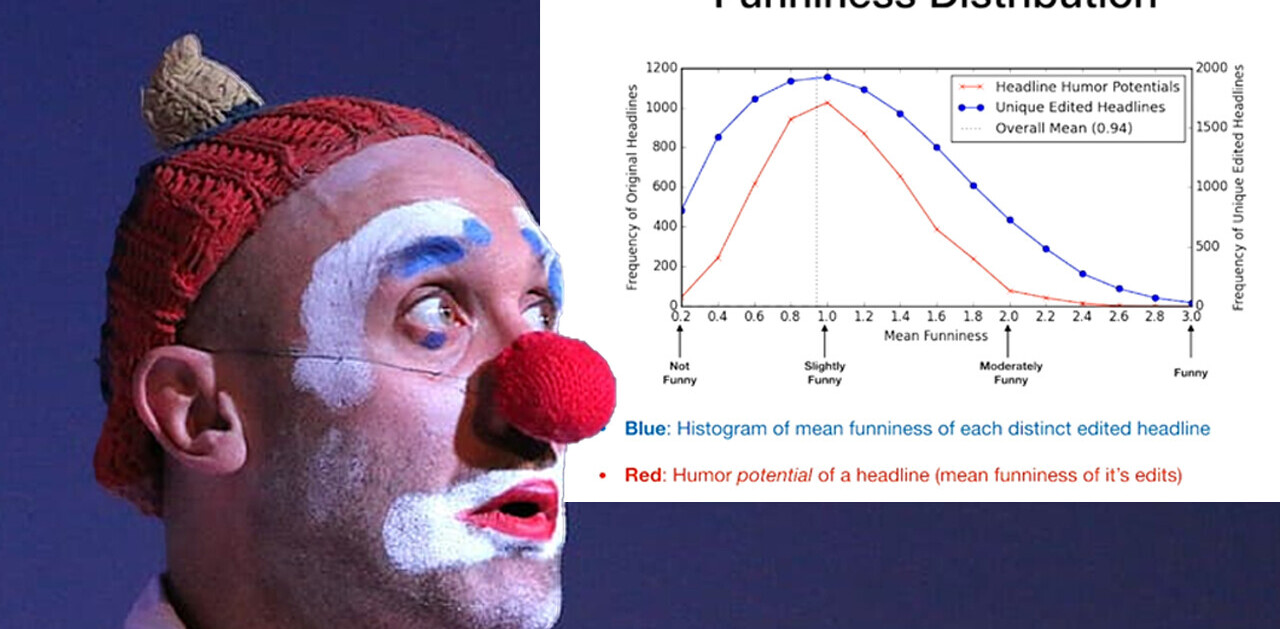
We’re entering a new year, and already Windows 7 has lost market share for the first time since its release. Windows 8 meanwhile continues to push forward.
Two months ago, Windows XP finally fell below 40 percent market share and last month Windows 7 passed the 45 percent mark. You’d expect those trends to continue, but January turned out to be on odd month.
The latest market share data from Net Applications shows that January 2013 was a solid one for Windows 8, which gained 0.58 percentage points (from 1.78 percent to 2.36 percent) while Windows 7 lost a whopping 0.63 percentage points (from 45.11 percent to 44.48 percent).
We said last month that the real jump for Windows 8 would come in January, after all those shiny new PCs get a full month of online usage, but this seems not to be the case. Windows 8 grew 0.66 percentage points in December, meaning January’s gains were smaller.
As already mentioned, Windows 7 recently passed the 45 percent mark, but now it looks like it may have peaked. Mind you, it’s still early to tell, but it’s certainly telling that Windows 7 has lost share for the first time since its release (actually the first time since December 2008 when a beta leaked on BitTorrent).
Windows Vista meanwhile slipped 0.43 percentage points (from 5.67 percent to 5.24 percent) and should thus fall under the 5 percent mark soon. Windows XP managed to jump the same amount, 0.43 percentage points (from 39.08 percent to 39.51 percent), although thankfully it didn’t gain back its losses from December (0.74 percentage points).
At the end of 2012, Windows managed to increase its market share after six months of losses, mainly thanks to Windows 7 and Windows 8. With Windows 7 slipping for the first time, however, Windows is back to losing share.
Between December and January, Windows lost 0.03 percentage points (from 91.74 percent to 91.71 percent). This was to the benefit of both OS X (up 0.01 percentage points to 7.08 percent) and Linux (up 0.02 percentage points to 1.21 percent).
Net Applications uses data captured from 160 million unique visitors each month. The service monitors some 40,000 Web sites for its clients. StatCounter is another popular service for watching market share moves; the company looks at 15 billion page views. To us, it makes more sense to keep track of users than of page views, but if you prefer the latter, the equivalent data is available here.
See also – IE breaks 55% market share as three-month old IE10 passes 1%; Chrome is only browser to decline
Image credit: Robert Linder
Get the TNW newsletter
Get the most important tech news in your inbox each week.





